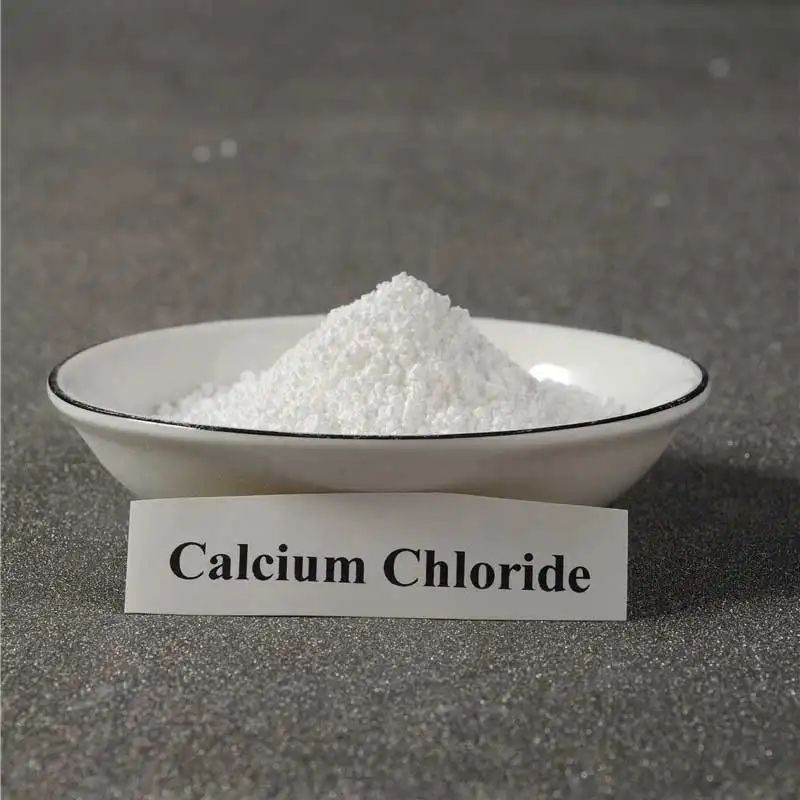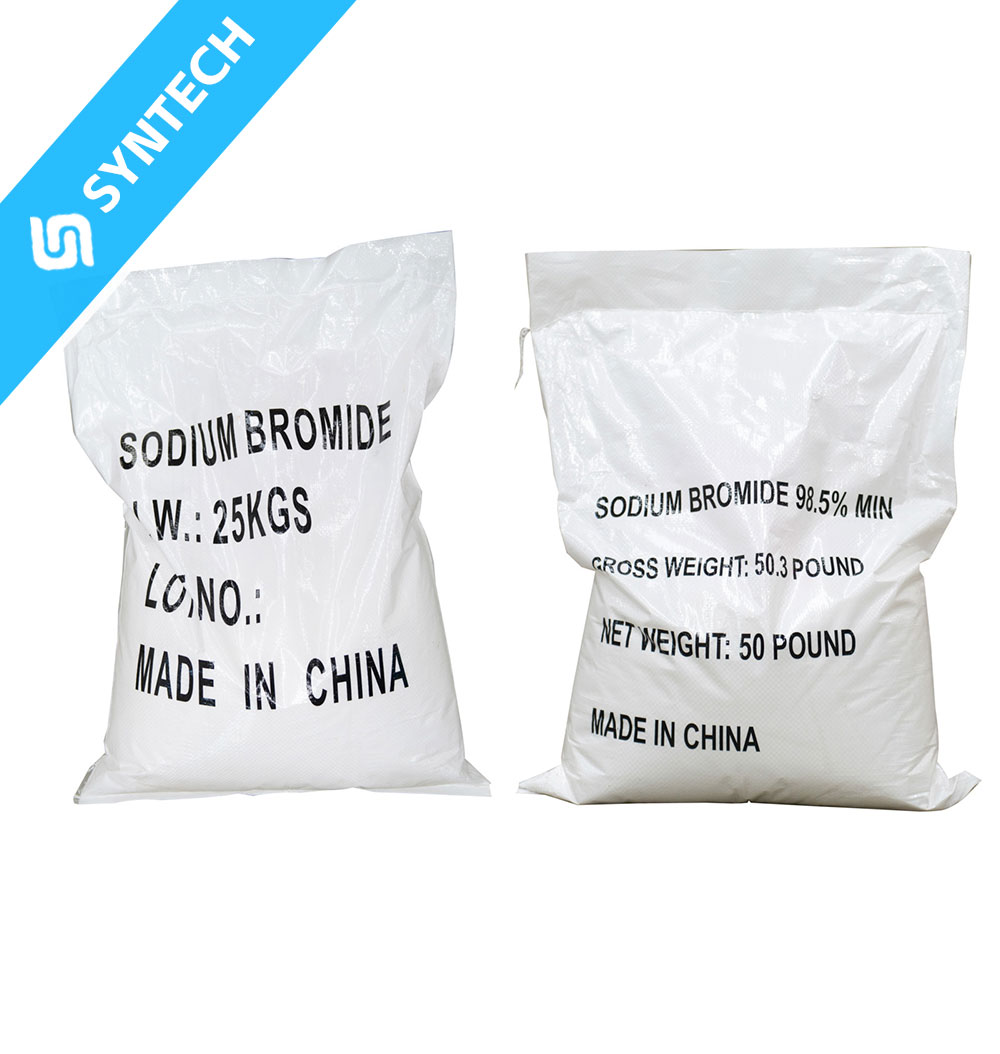Properties of Sodium Bromate
- Physical Properties:
- Appearance: White crystalline powder or colorless crystals, odorless.
- Molecular Formula: NaBrO₃
- Molecular Weight: 150.89 g/mol
- Density: 3.34 g/cm³
- Melting Point: Decomposes at ~381°C (releases oxygen).
- Solubility:
- Highly soluble in water (36.4 g/100 mL at 20°C).
- Insoluble in ethanol and acetone.
- Chemical Properties:
- Strong Oxidizer: Reacts violently with combustible materials (e.g., organic compounds, metals like aluminum, sulfur) and may cause explosions.
- Decomposition: Breaks down at high temperatures, releasing oxygen (O₂).
- Reactivity:
- Explosive when mixed with reducing agents (e.g., carbon, phosphorus).
- Reacts dangerously with sulfuric acid.
Uses of Sodium Bromate
- Industrial Applications:
- Gold Extraction: Used as an oxidizing agent in gold ore processing (often combined with NaBr).
- Textile Industry: Employed in wool finishing and dyeing processes.
- Hair Treatments: Found in some cold-wave permanent hair neutralizers (though restricted in cosmetics due to toxicity).
- Laboratory & Chemical Synthesis:
- Analytical Chemistry: Used to determine phenol concentrations.
- Bromine Source: Serves as a precursor for bromine-containing compounds.
- Other Uses:
- Food Additive (Historical): Previously used in flour treatment (banned in many countries due to carcinogenicity).
Safety Notes
- Toxicity: Harmful if ingested or inhaled; may cause kidney damage or cancer (classified as a Group 2B carcinogen by IARC).
- Handling: Requires protective equipment (gloves, goggles) and storage away from flammables.
- Regulation: Banned in food products (e.g., EU, US) and restricted in cosmetics.






